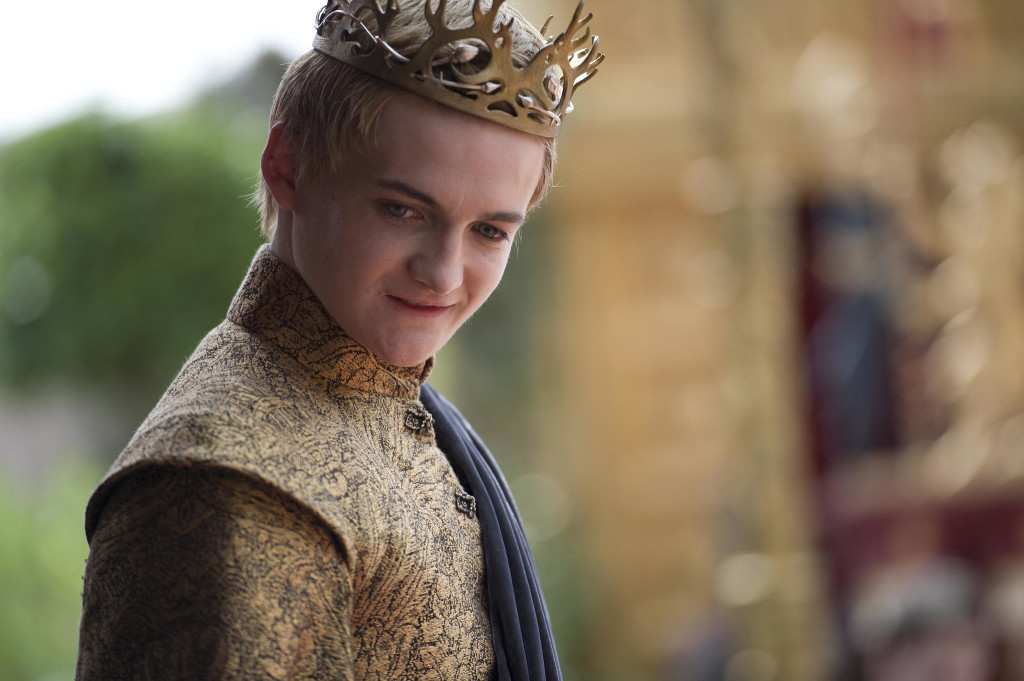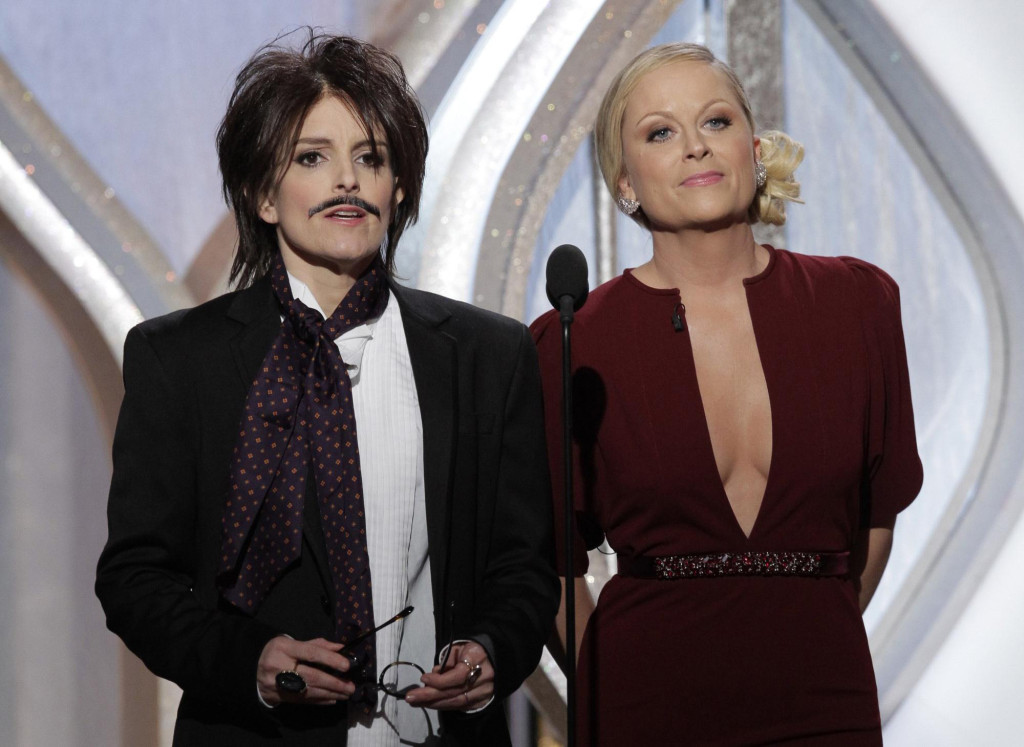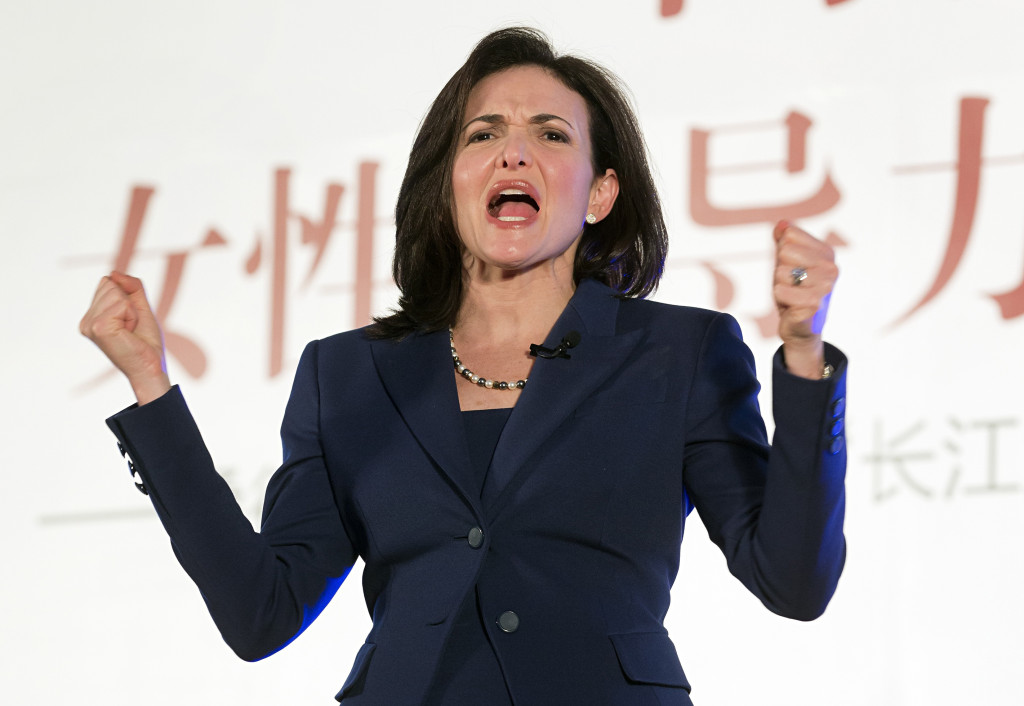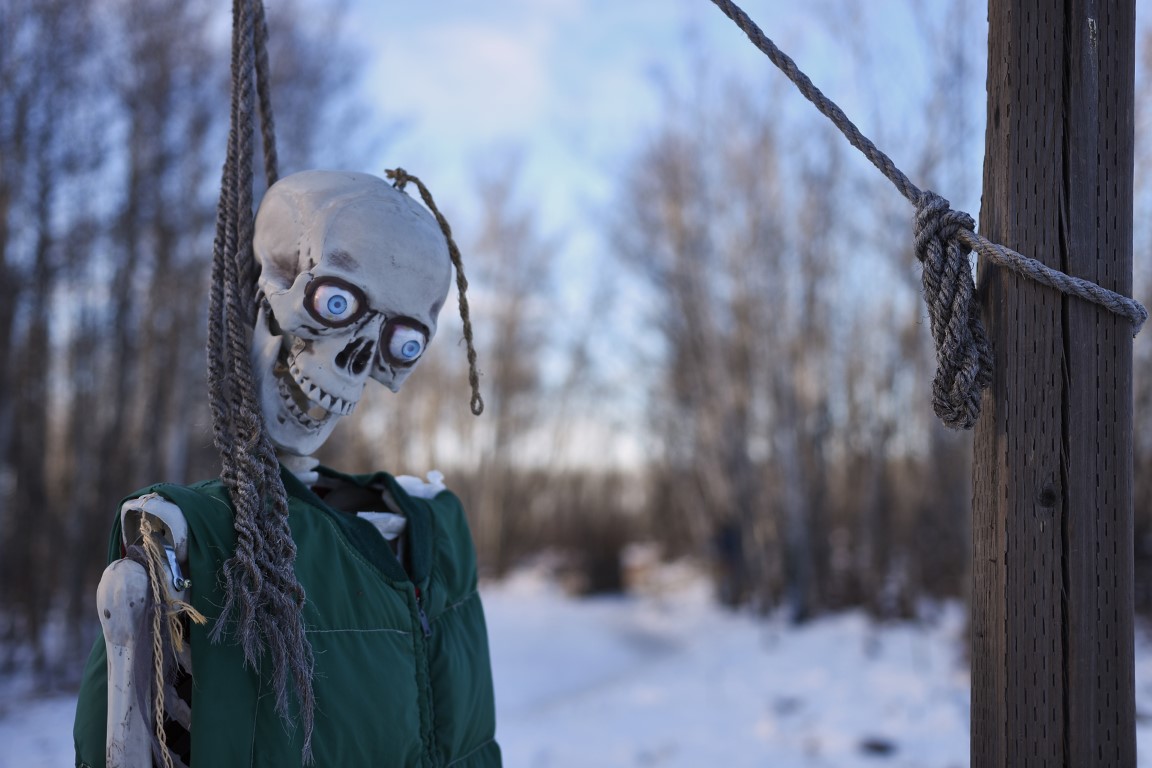‘Game of Thrones’ actor Jack Gleeson’s retirement is a great loss
By Elliot Chan, Opinions Editor
It’s customary to start a piece concerning Game of Thrones by stating that there will be spoilers in this article. You have been warned.
Now with that being said, as an avid fan of the show and the novels, the most stunning news for me to hear in the aftermath of the Purple Wedding was Jack Gleeson’s retirement from acting. Joffrey Baratheon, perhaps one of the most disdainful characters to ever transition from page to screen is finally dead, and that means that 21-year-old actor Gleeson will no longer be a part of the show as it heads into the latter-half of the fourth season and beyond.
While some actors have used Game of Thrones as a launch pad to fame after their characters’ unfortunate demise—for example: Richard Madden who played Robb Starkrecently starred as the lead in Discovery’s highly publicized mini-series Klondike, and Jason Momoa who played Khal Drogo currently has five new movies in the works in addition to his television series The Red Road—Gleeson is choosing to step away at perhaps the most marketable phase of his acting life.
For the past four years, Gleeson has allegedly been harassed in public and online due to the fact that he was playing such a despicable character on television. Whether that was a determining factor to his retirement is unclear, but a young man losing his passion for a career many would die for is something I can’t ignore.
Many actors have chosen to take breaks from their acting careers to pursue other activities. In an interview after Game of Thrones season four episode two, Gleeson told reporters that he will perhaps go back to school and get a “post-graduate of some kind.” But some actors have taken a break for a reason that many consider risky, since well-paying jobs are so rare.
Dismiss it however you like, but I believe that Gleeson’s retirement is connected to the fact that he does not want to be typecast. After he has played such a horrible character, it is hard for the public to see him as the hero or even a likeable supporting character. He is a talented actor, but sometimes the audience determines the performance simply by the actor’s appearance.
If you may recall in the late ‘90s, Leonardo DiCaprio went on a slight hiatus after Titanic so that he could diminish his “pretty boy” persona. Since then numerous other actors in their prime have followed that model of breaking their stereotype.
The ability to say no to big-name production companies gives power to the actors in the long run. I think we can all learn a lesson from what Gleeson is doing, even if it is an upsetting loss for the time being. Saying no is important—scary, but important. If an actor or any other professional wants a career with longevity, then they must not only understand how to do the job, but understand why they are doing it. The worst thing that can happen is to be living a role that doesn’t make us happy.
We must all look at what we do and ask ourselves why we are doing it: is it for the money, or for the art, or simply because we want recognition? You can be the villain or you can be the pretty boy, just as long as you are being yourself.



